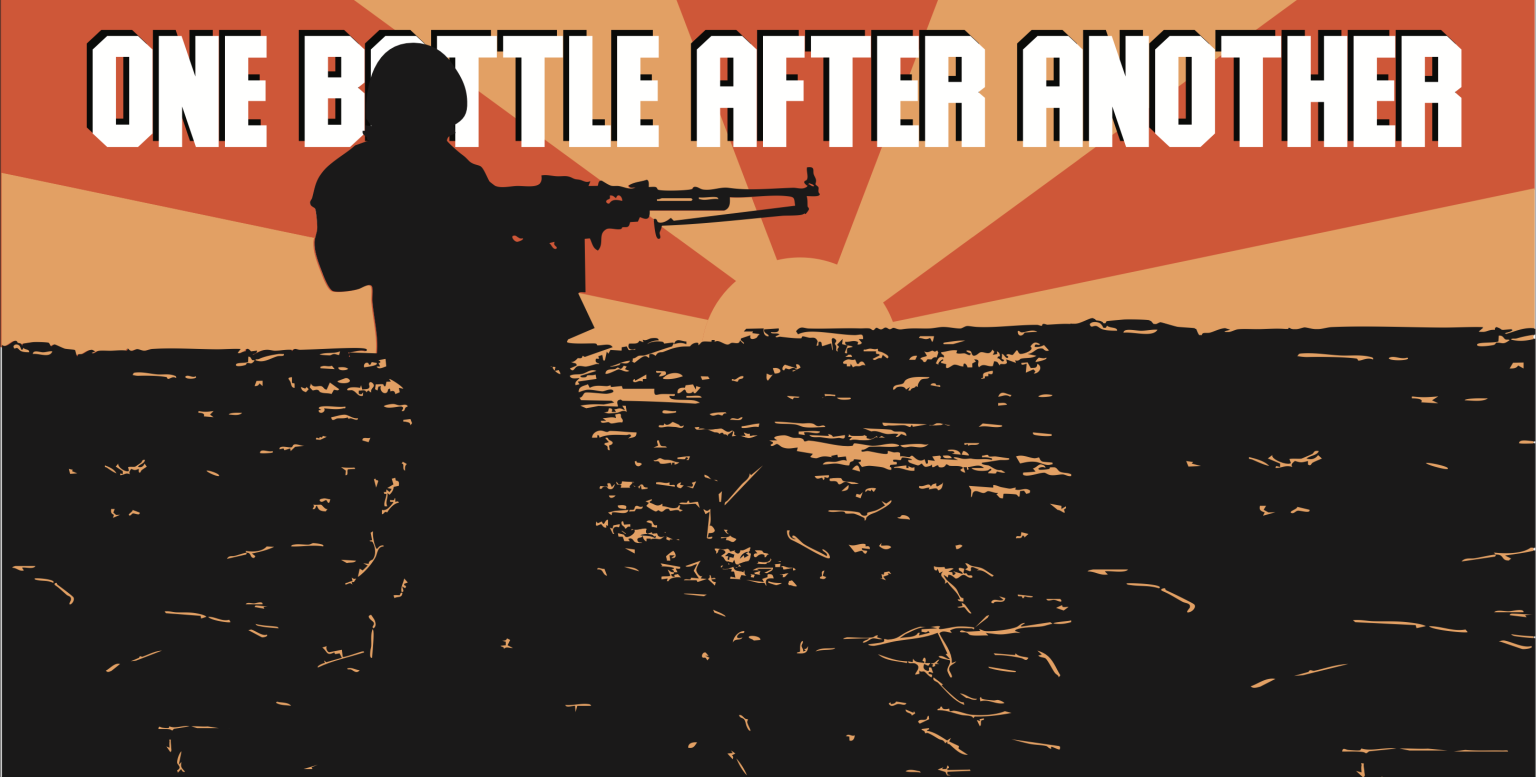2025 is the year where respected auteur filmmakers receive their long-deserved mainstream attention and blockbuster status. Case in point: Paul Thomas Anderson. Anyone in the film zeitgeist will be familiar with Anderson’s diverse filmography; from the darkly meditative ‘The Master’ to the delicate power plays of ‘Phantom Thread’.
His most recent film, One Battle After Another, serves as an adventurous departure. Yet, it may possibly be the best film released all year.
One Battle After Another focuses on the ‘battle’ that retired revolutionary Bob (Leonardo DiCaprio) is forced to tackle; to track down his daughter Willa (Chase Infiniti) under the threat of powerful political forces. This gripping narrative is accompanied by a remarkable score from frequent collaborator Johnny Greenwood. What gives the film a unique experience is its ability to switch between numerous genre tones. There is plenty to enjoy for comedy and thriller fans alike. The bumbling attempts from Bob at playing hero serves for some undeniable humour. Simultaneously, it is hard to forget about the disturbing behaviour from Steven J. Lockjaw (Sean Penn), the film’s foul antagonist. The character of Sensei (Benicio Del Toro) is another highlight; an older and charismatic individual who assists those in danger of deportation. The way the narrative structure unconventionally switches focus within its ensemble is very special and indicative of Anderson’s earlier work. Not to mention, the intense and hypnotic desert car chase sequence that functions as the film’s iconic climax.
What makes the film such a crucial viewing is its understanding of the climate we live in. Anderson attempts to explore political uncertainty in a way that somehow manages to inspire hope. He invites us to ridicule racist individuals while recognising the prominent threat such groups pose to society. Much of the film will prompt viewers to draw parallels to the growing anti-immigration sentiments in America.
It is clear that One Battle After Another is very much interested in exploring the role that one’s personal connection plays within politics. How can you fight for people when there is no one you care about? Can someone be a true revolutionary if their sole motivator is themselves? Anderson centres the primary characters of Bob, Willa, and Sensei to further instil a sense of hope. In a world dominated by cynically motivated and evil individuals, he shows us that the heroes among them are actually those who remain selfless. The ones who look out for one another in support.
Regardless of scale or studio backing, the unique heart and soul of Paul Thomas Anderson is found once again in One Battle After Another.


